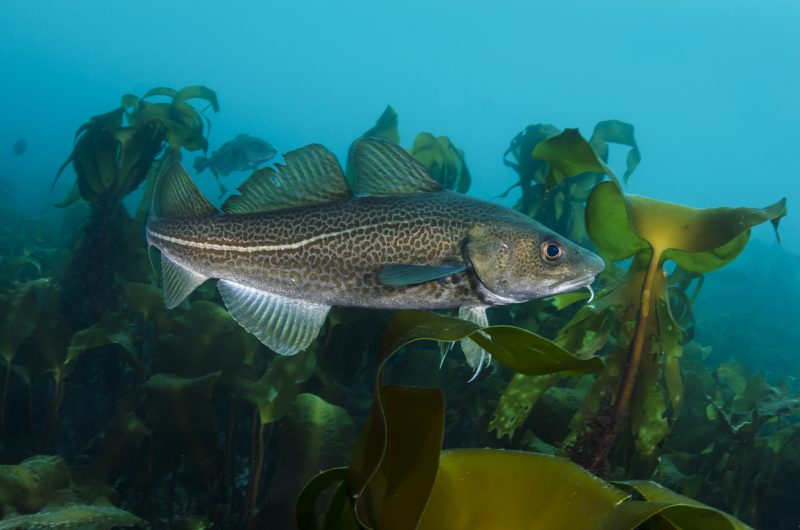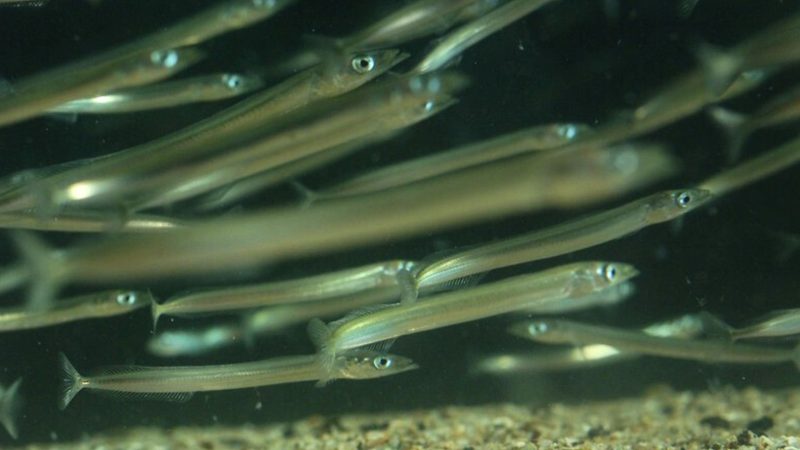Image credit ©Saeed Rasheed, a fisherman in Lyme Bay crab fishing
The major political parties, having already committed themselves to creating the largest protected area of ocean anywhere in the world, have now pledged to help low impact inshore fishers.
Manifesto promises of a better deal for the inshore fleet came as a High Court judge gave the go-ahead for a legal challenge to be made on the way the UK government distributes quota.
A judicial review was granted by Mrs Justice Andrews for a challenge by Greenpeace on whether the allocation system, which leaves the inshore fleet with just 4 per cent of quotas, is lawful.
The Coalition Government had resisted demands for a wholesale change to the quota allocation system but both the Conservatives and Liberal Democrats have now made manifesto commitments to improve the share given to the inshore fleet.
Labour, in its Green Plan, and the Green Party have also made election promises to help coastal communities which fish sustainably while the SNP vowed to ensure that “active fishermen have access to the quota that they need”. UKIP has offered radical reform of the quota system, starting with banning foreign vessels from UK waters until stocks are sustainable.
The pledges made by political parties have been welcomed by BLUE as overdue recognition of the value of the inshore fleet and the high levels of sustainable practices associated with the under-10 metre vessels.
“Getting a better and fairer deal for the small-scale fishers who are among the most sustainable in the industry, is long overdue,” said Charles Clover, chairman of BLUE.
BLUE has been working alongside low impact, small scale fishers in Lyme Bay to improve their profitability while operating sustainably. The fishers catch a range of seafood, including scallops and crab, and have signed up to a Code of Conduct and the Seafish Responsible Fishing Scheme, and collect valuable data on stocks.
Mr Clover said these are exactly the type of fishers who should be rewarded with extra quota under the Common Fisheries Policy (CFP) obligation to incentivise those who engage in sustainable practices.
In challenging the government on how quota is distributed, Greenpeace argues that the reformed CFP should mean local, low impact fishermen get a larger share because they fish more sustainably, have lower CO2 emissions and provide greater employment than the industrial scale fleet.
Sarah North, of Greenpeace, said: “The government is currently starving our local, low impact fleet of fishing quota, sending some of them to bankruptcy or food banks.”
Jerry Percy of the Low Impact Fishers of Europe said it was a “fundamental travesty” that large “foreign controlled vessels” are given large quotas by the UK authorities. He said low impact, local fishermen should be “first in the queue for quota”.
Recent analysis by Seafish and the Marine Stewardship Council found that only one in nine of the 450 fisheries around the UK can be shown to be fished sustainably. Some 400, they found, are either overexploited or there is too little data available to judge how sustainably they are being treated.
The reformed CFP, however, included measures designed to restore overfished stocks and BLUE is backing moves to ensure the spirit of the policy is followed, not just in the interests of the marine environment but for the fishers and communities that depend on healthy catches.
Mr Clover added: “BLUE is committed to improving the health of the oceans and in many places, particularly around the UK, this can best be done in partnership with fishers who are so important to coastal economies.”
What the parties pledge:
LABOUR
Ensure that fishing quota allocation contributes to the restoration and maintenance of a thriving industry, including the revival of coastal communities and the protection of the marine environment.
LIB DEM
Fully implement recent reforms of the Common Fisheries Policy, working with industry and others to develop a national plan for sustainable UK fisheries, with fair treatment for the inshore small boat fleet.
UKIP
Smaller fishing boats make up the majority of the UK fleet but only receive only 4 per cent of the English quota, while the five largest foreign-controlled vessels take 32 per cent. It is grossly unfair and damages fish stock sustainability. Small-scale inshore fishing is the backbone of the UK fishing industry and we will end this injustice.
CONSERVATIVE
We will continue to devolve the management of North Sea fisheries to local communities, and rebalance the UK’s inland water quotas to smaller, specific locally-based fishing communities.
GREEN
Work to ensure sustainable fishing policies, leading to sustainable fishing communities, at both national and European levels as appropriate. In particular, fishing quota allocations should reward local sustainable fisheries.
SNP
We are engaging with the industry on our review of fish quota management. We want to ensure quotas are managed in the common interest, so that active fishermen have access to the quota that they need, rather than seeing them concentrated in the hands of those with the deepest pockets.


















